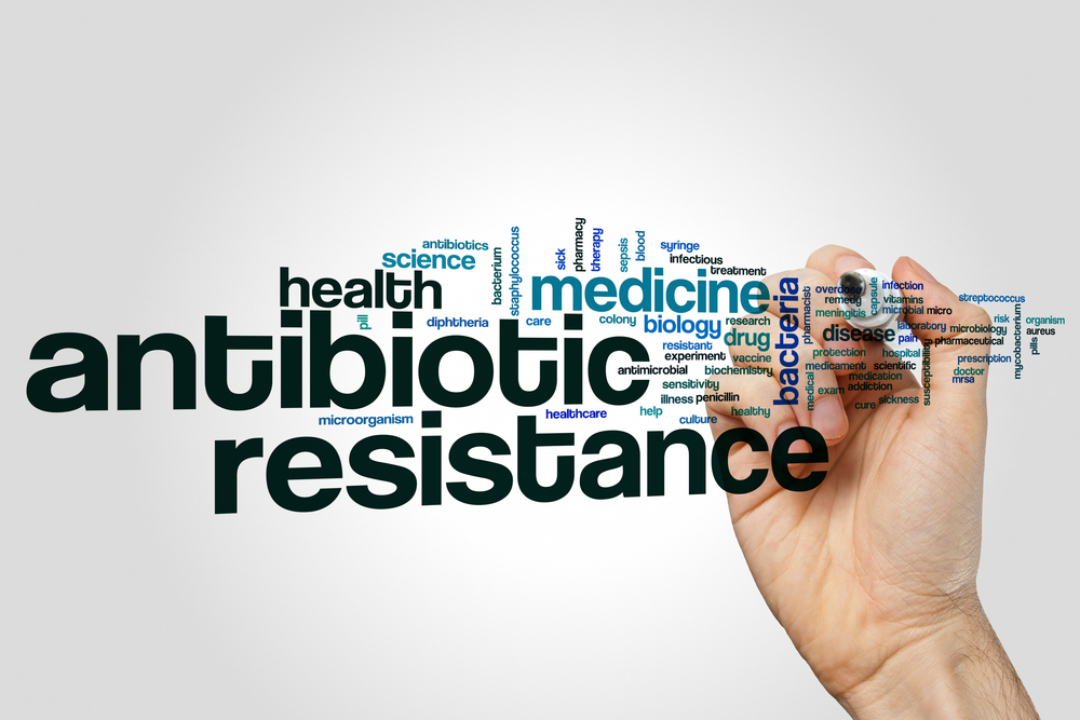
New antibiotic that kills drug-resistant bacteria discovered in technician’s garden
On Mar. 26, 2025, researchers announced they have discovered a new antibiotic molecule that targets a broad range of disease-causing bacteria — even strains resistant to commercial drugs — and is not toxic to human cells. The molecule was found in soil samples collected from a laboratory technician’s garden.
The latest molecule targets bacteria’s protein-making factory, the ribosome, in a way that other antibiotic drugs don’t. The ribosome is an attractive antibiotic target because bacteria don’t easily develop resistance to drugs targeting the structure.
Gerry Wright, a chemical biologist at McMaster University in Hamilton, Canada, and a co-author of the study published in Nature, with colleagues set out to find microbes that have developed previously unknown tricks to kill pathogens.
They collected soil samples in Petri dishes with growth medium and stored them for a year. The researchers then exposed the microbes from these samples to Escherichia coli, a common gut bacterium that can cause serious disease. One sample showed potent antibacterial activity — by a species belonging to the genus Paenibacillus.
Further rounds of screening, genome sequencing and structural analysis revealed that the bacterium produces a molecule that belongs to a group of peptides that form a lasso-shaped knot. These peptides are known for being robust and can probably even survive being digested.
The search for new antibiotics is necessary because bacteria acquire resistance to existing drugs with continued use. In 2021, bacterial resistance to antimicrobial drugs was associated with 1.1 million deaths globally, a figure that could increase to 1.9 million by 2050.
Tags:
Source: Nature
Credit:
